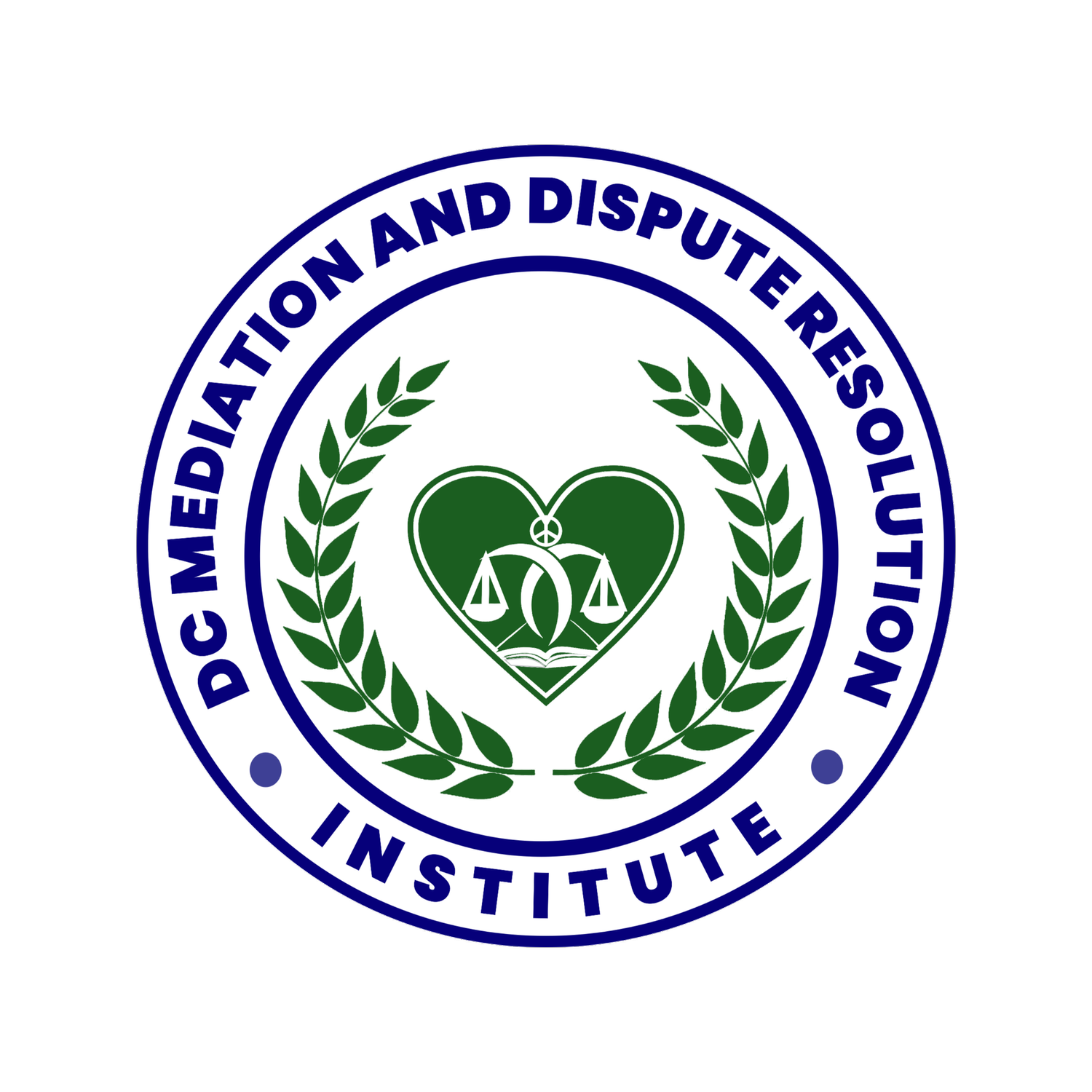
Host/Refugee Mediation Program
Introduction
To address these complex issues, we have developed a comprehensive program aligned with the United Nations Sustainable Development Goals 4 (Quality Education) and 16 (Peace, Justice, and Strong Institutions). This program aims to enhance understanding, foster dialogue, and empower communities—both host and refugee—to resolve conflicts peacefully.
Our program begins with meditation and peacebuilding skill training, followed by the establishment of community mediation centers. These centers will be staffed by certified mediators who have successfully completed the training. By investing in mediation training and establishing these centers, we aim to address the root causes of conflict, promote social cohesion, and empower communities to build lasting peace in Uganda. Through collaborative efforts and partnerships, we are confident that our project will help create a more peaceful and inclusive society, benefiting both refugees and host communities.
Phases of the Program
Mission
Our mission is to bridge the gap between host communities and refugees by promoting integration, dialogue, and collaboration. Through mediation, education, and community-building initiatives, we aim to foster harmony and solidarity while addressing the unique needs and concerns of both hosts and refugees.
Goal
Bridging Worlds, Building Peace: Together, we can create a world where everyone feels at home.
OBJECTIVE
Harmonious coexistence between host communities and refugees.
Increased trust and transparency between host communities and refugees.
How You Can Get Involved
-

For Teens
Join the Program & Implement: Sign up for our mediation training and become a certified peer mediator. Start mediation clubs in your school or community, organize events, and promote our teen mediation program.
-

For Parents
Support Your Teen: Encourage your teen to participate in the program and practice their mediation skills. Attend our workshops to learn how to support your teen in resolving conflicts.
-

For Schools and Community Organizations:
Partner with Us: Implement our peer mediation program in your school. Invite our trained mediators to provide on-site mediation and conduct skill-focused, interactive training workshops for students and staff.
Expected Outcomes
Improved Communication Skills
Enhanced active listening skills foster better understanding and empathy.
Conflict Resolution Skills
Participants learn to identify the root causes of conflicts and work collaboratively towards solutions, creating safe spaces for open expression and developing negotiation skills for mutually acceptable agreements.
Empowerment
Parties involved in conflict resolution gain ownership of the resolution process, empowering them to take responsibility for their actions and decisions, boosting confidence and self-esteem.
Reduction in Behavioral Issues
Non-violent conflict resolution methods decrease aggressive behavior, improving relationships between refugees and host communities by addressing underlying issues.
Prevention of Escalation
Early intervention prevents conflicts from escalating into more serious issues, creating a safer school environment.
Emotional Regulation
Mediation reduces stress and anxiety, helping participants become more aware of their emotions and manage them effectively.
Development of Social Skills
Improved interpersonal skills help participants interact positively with others, fostering respect for diverse perspectives and building healthier social networks.
Better Academic Performance
With reduced conflict, students can focus better on their studies, leading to improved learning outcomes.
Positive Long-Term Impact
The skills learned are applicable in all aspects of life, promoting healthier personal and professional relationships and contributing to a more peaceful and cooperative community by teaching constructive conflict resolution methods.
